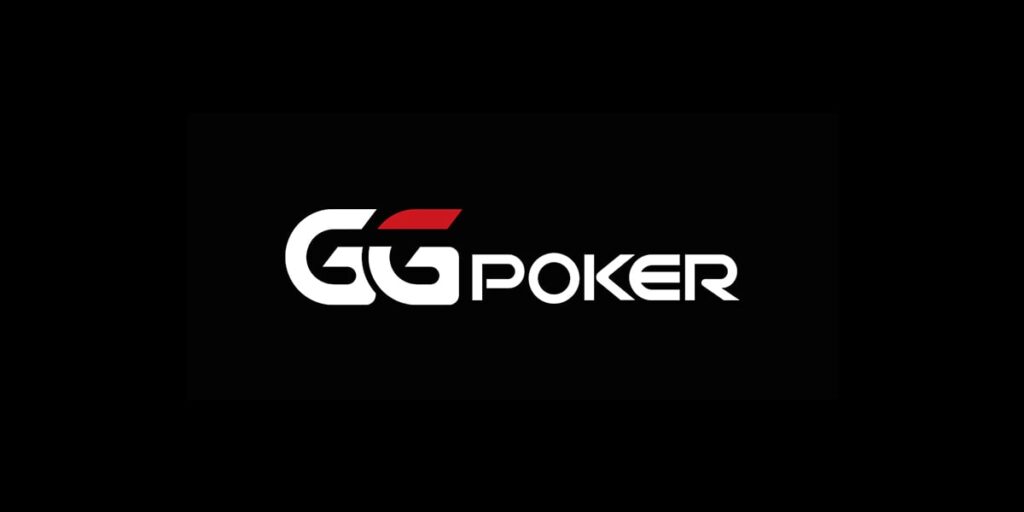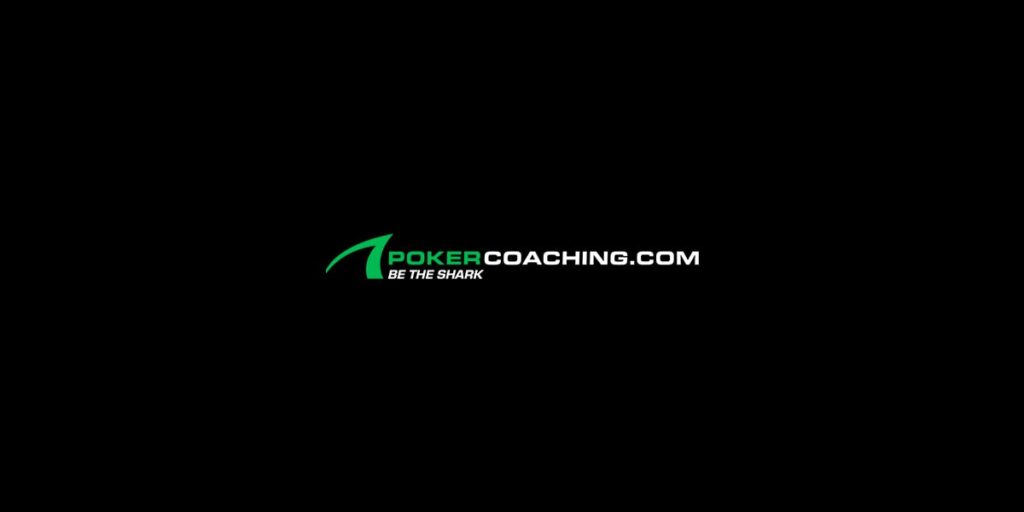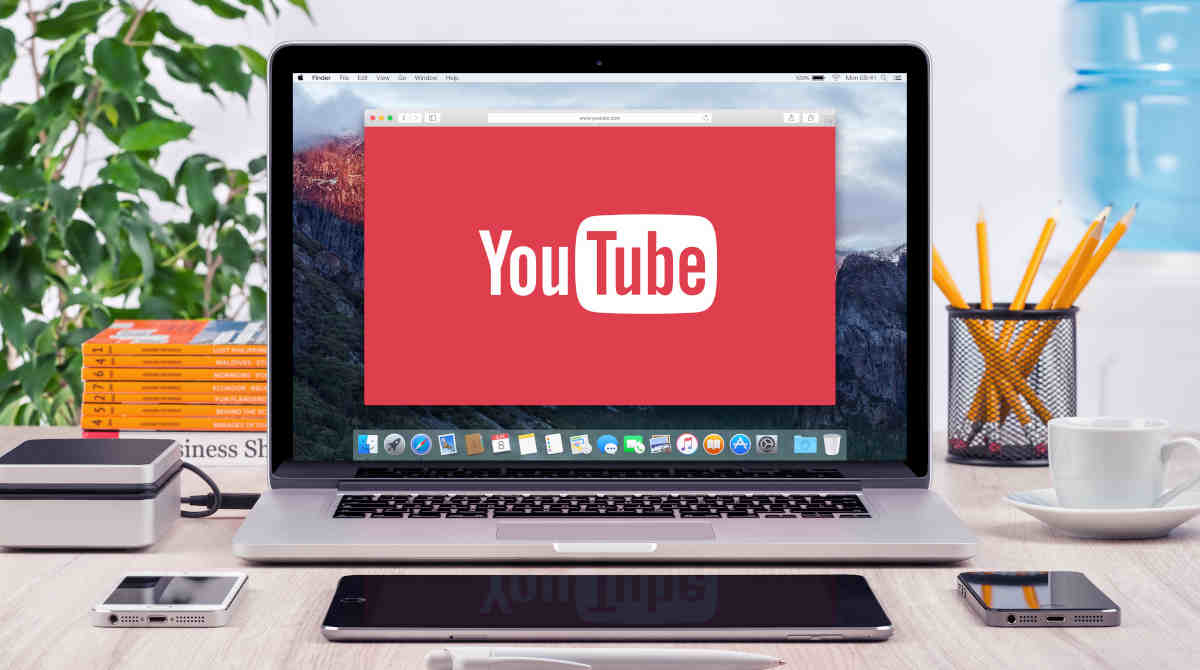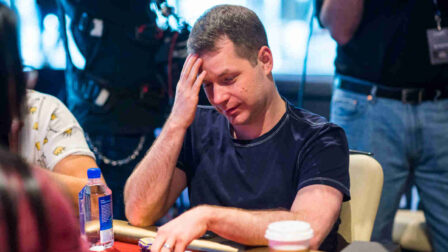The Best Ways to Learn Poker in 2023

7 minutes
Last Updated: May 24, 2023
Learning poker is very different from learning many other skills for one key reason: The short-term results are not necessarily a good indicator of progress.
Students grow up accustomed to the process of studying hard for tests and seeing their hard work pay off.
Athletes train long hours and are rewarded with being faster, stronger, and more coordinated. And musicians practice over and over again and can literally hear the improvements.
With live and online poker, the role of luck in the short term can lead to misperceptions of ability and progress and cloud the overall learning process. With that said, there are still many ways to learn poker, but a different mental framework is needed.
It is essential to become process-oriented rather than results-oriented and to continue to evaluate whether your process is improving over time.
Much like a portfolio manager can learn to make good decisions in bear and bull markets, poker players must learn to make the right plays, whether their cards are good or not, and incrementally refine their decision-making process.
Fortunately, there are many options on the poker training market to accomplish this. Here are the pros and cons of some of the best resources for learning poker:
1) YouTube Videos and Poker Discussion Forums
Pros
Free resources can be helpful when you are first starting out. They are a good way to learn the basic rules, familiarize yourself with poker terminology, and build enthusiasm for the game.
Cons
It is easy for a beginner player to watch a poker vlog or a televised stream and confuse entertaining content for content that has instructional value.
With free content, it is that much more important to make sure the source is credible and to not learn bad habits from it.
Also, some poker discussion forums contain posts with inaccurate advice, and at times there is toxic criticism for players that are just trying to learn.
Verdict
It’s important to discover a love of the game, and YouTube videos and other entertaining, free content can help cultivate this.
But once you are committed to poker and are serious about improving your game, be ready to utilize other methods.
2) Poker Books

Pros
Poker books are a great place to learn poker fundamentals inexpensively. It helps that all of the concepts for good poker books are laid out in an organized way and that a book is typically consistent in its difficulty level.
Concepts like pot odds, position, combinatorics, and expected value are still relevant to this day, and books are a great way to learn them.
Cons
Some of the material in poker books has become outdated. Poker is a game that evolves quickly, and many of the most popular poker books were written prior to the advancements in poker game theory, which has transformed the poker landscape.
Verdict
Use poker books from well-established authors (ex. David Sklansky, Ed Miller, and Dan Harrington) to learn the fundamentals of the game, but understand that you’ll need to catch up on modern poker theory through other methods.
3) Training Sites
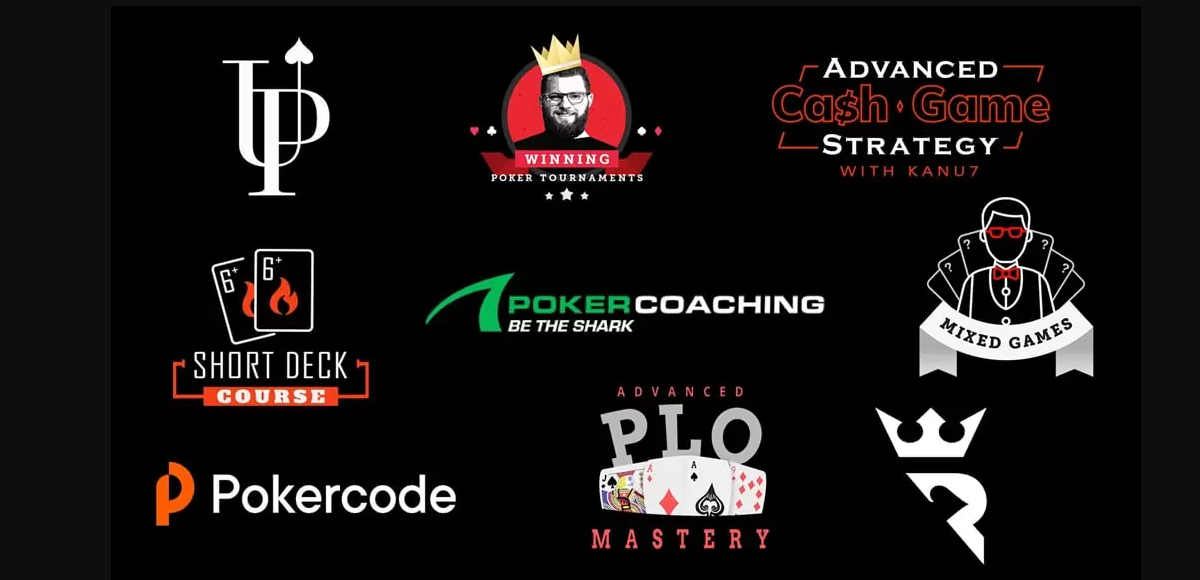
Pros
Training sites stay up to date with the latest poker content and strategy developments. They are a great way to learn Game Theory Optimal preflop ranges and strategy, as well as postflop technique.
These sites also can put you in touch with other members of the poker community who are in a similar learning phase through forums and social media groups.
Cons
Training sites can jump around in difficulty as they are sometimes designed for a broad audience. It is important to find a training site at the right skill level for your current poker goals.
They can also be expensive without providing the same hands-on attention as a private coach. For those that lack the discipline for self-study learning paths, training site investments may go to waste.
Verdict
If you find a training site at the right difficulty level and are willing to put in the work, you can make big strides while staying current with the latest developments in poker theory.
4) Poker Software:

Pros
Poker software can allow for active practice. Rather than passively engaging in reading content or watching videos, poker software forces you to be the one entering the inputs and making active decisions.
Tools like equity calculators and poker solvers can be excellent for analyzing hands once a poker player reaches a certain level of sophistication. Most software is also relatively inexpensive.
Cons
To use poker software effectively, a certain level of technical expertise, as well as theoretical poker knowledge, is required. It is not advised for beginner poker players to learn poker by memorizing solver outputs.
They will likely enter faulty inputs and misinterpret the outputs if they do not already have a solid poker foundation in place.
It can also stunt development to learn through memorization rather than developing a versatile, critical thinking process that can apply to the actual situations that you will eventually face at the tables.
Verdict
Poker software is extremely powerful and a great way to learn, but it will always only be as good as the person entering the input.
5) Private Coaching

Pros
Private coaching is the fastest way to receive high-quality information that applies directly to your unique situation.
The customizability of poker coaching, as well as the opportunity to learn poker strategy, mindset tips, and bankroll management assistance from a qualified teacher, make poker coaching a valuable option.
Some students also learn best when someone else is holding them accountable to do the work.
Once you reach a certain level of poker progress through self-study, you will often hit roadblocks that a poker coach can help remove.
Cons
Private coaching is typically the most expensive of the learning options. While you will likely see the quickest improvement through coaching, the other learning methods can be better for players with limited budgets.
Verdict
If private coaching fits within your budget and you find the right coach, there is no better way to learn poker.
A good coach can incorporate books, training videos, and poker software into your training sessions, so you can take advantage of the other resources in this article, too.
How to Learn from Experience and Balance Playing with Studying
Learning poker is a lifelong journey, and the different tools and study methods mentioned above can help you continue to grow as a player. But ultimately, your greatest source of learning will be through your playing experience.
To learn poker effectively, it is recommended to have a good balance between playing and studying the game.
When first starting out, it can be helpful to put in one hour of study time for every two hours of playing. Over time, this ratio may shift to more like one hour of study for every three or four hours of playing for more experienced players.
It is important not to take in too much new information without trying to implement it at the tables in practical situations.
Meanwhile, it is critical not to become so engrossed in playing poker that you forget to work on your game away from the tables.
By noting challenging situations that you encounter while playing and studying them away from the table, you’ll be in a prime position to improve the next time you face them.
In this way, time spent at the tables informs the study time, and then the study time refines future play.
A balance between studying and playing creates a feedback loop that can help players become true students of the game and reach their full potential.
Play Just When You Feel Like It
Playing poker can be a real job, but it can never be a chore. Playing poker when you don’t feel like playing will not help in any way. Serious poker players need to have their heads clear from the get-go.
If you feel anxious during the gameplay, if you are nervous or frustrated, depressed… Quit, and don’t bang your head over it.
This, of course, goes for playing in virtual entertainment as well. Yes, it’s much less physically demanding to play from the comfort of your home, but still, don’t play if you don’t feel like it.
Good Bankroll Management Is Required to Truly Learn Poker
Although short-term poker results can be misleading due to the role of luck, it is still essential for players to track their results in a spreadsheet or a poker app.
By consistently collecting data, performance can be analyzed over larger samples.
This will also allow students to make sure they are managing their money effectively and playing within their means.
With strong bankroll management habits, poker players can ensure they have enough longevity to overcome short-term variance and learn the key strategy elements along the way.
This will enable poker to play a positive role in their lives and make them happy that they learned poker in the first place.






